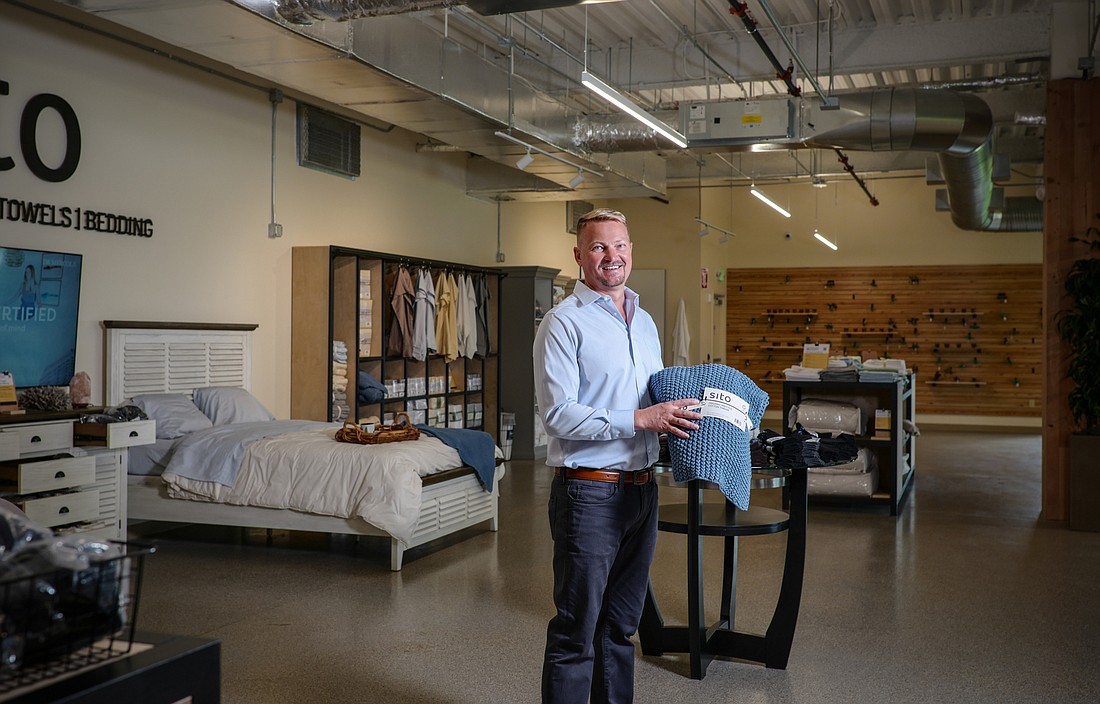- December 15, 2025
-
-
Loading

Loading

Both joy and terror converged on Cape Coral health and wellness executive Steve Rye’s life the week Hurricane Ian pummeled Southwest Florida.